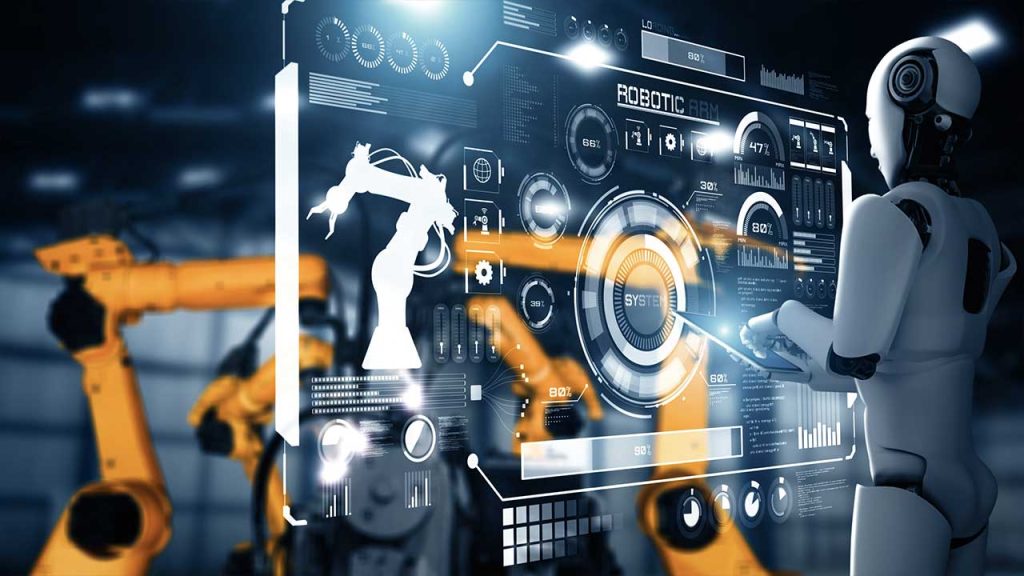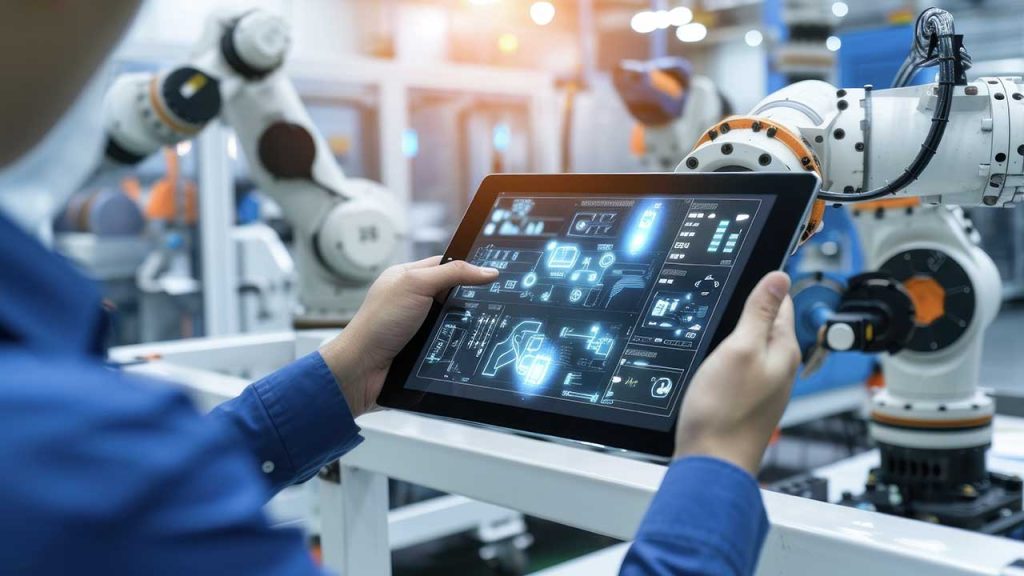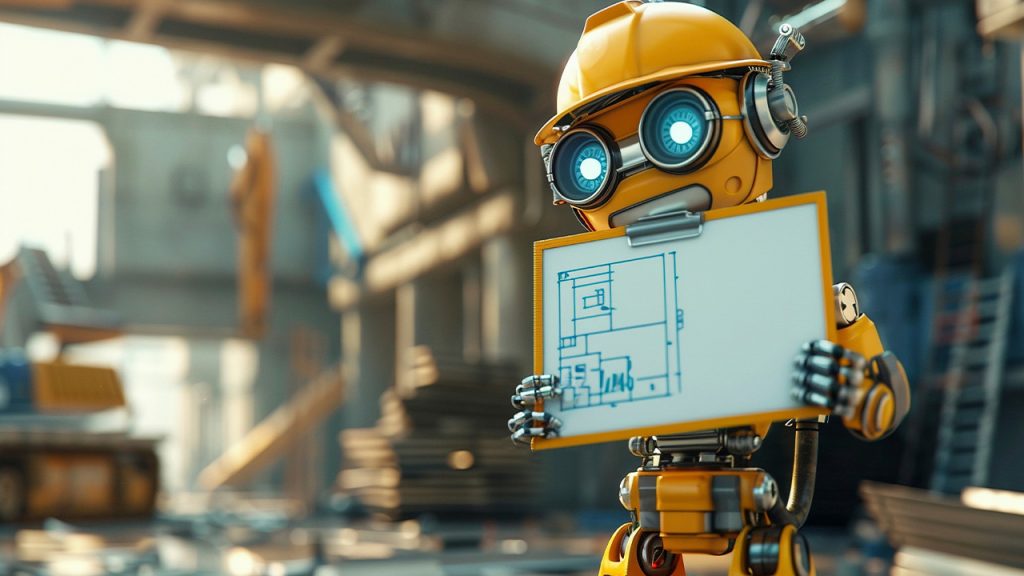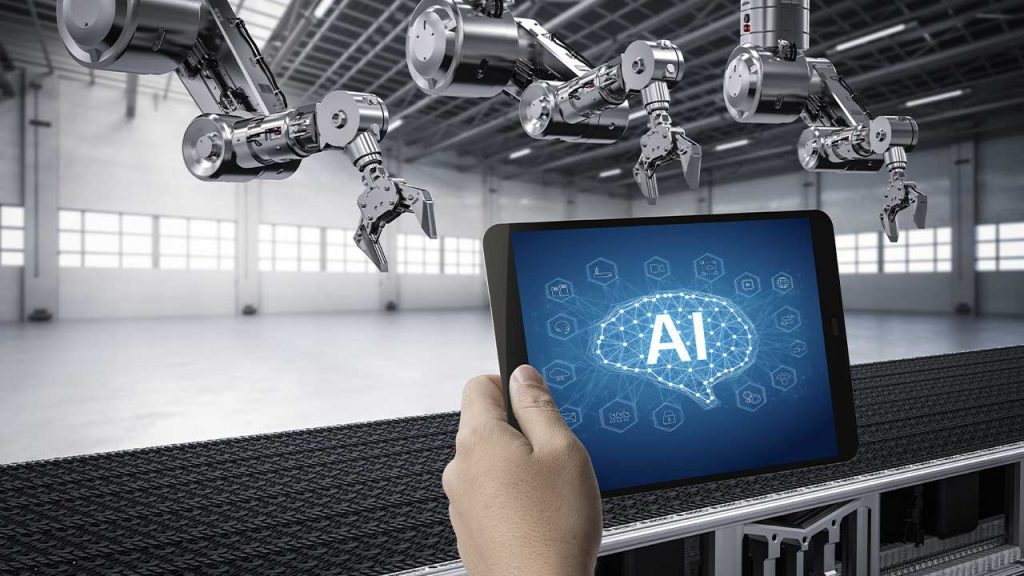Why Every Semiconductor Fab Needs a Digital Twin Strategy — Not Just Digital Tools
The semiconductor industry is moving faster than its tools can keep up. The pace of change, the explosion of data, and the pressure to build fabs in record time are colliding — and the result is a growing gap between design intent and operational reality.Digital twins are emerging as the bridge between those two worlds. […]
Read more →









